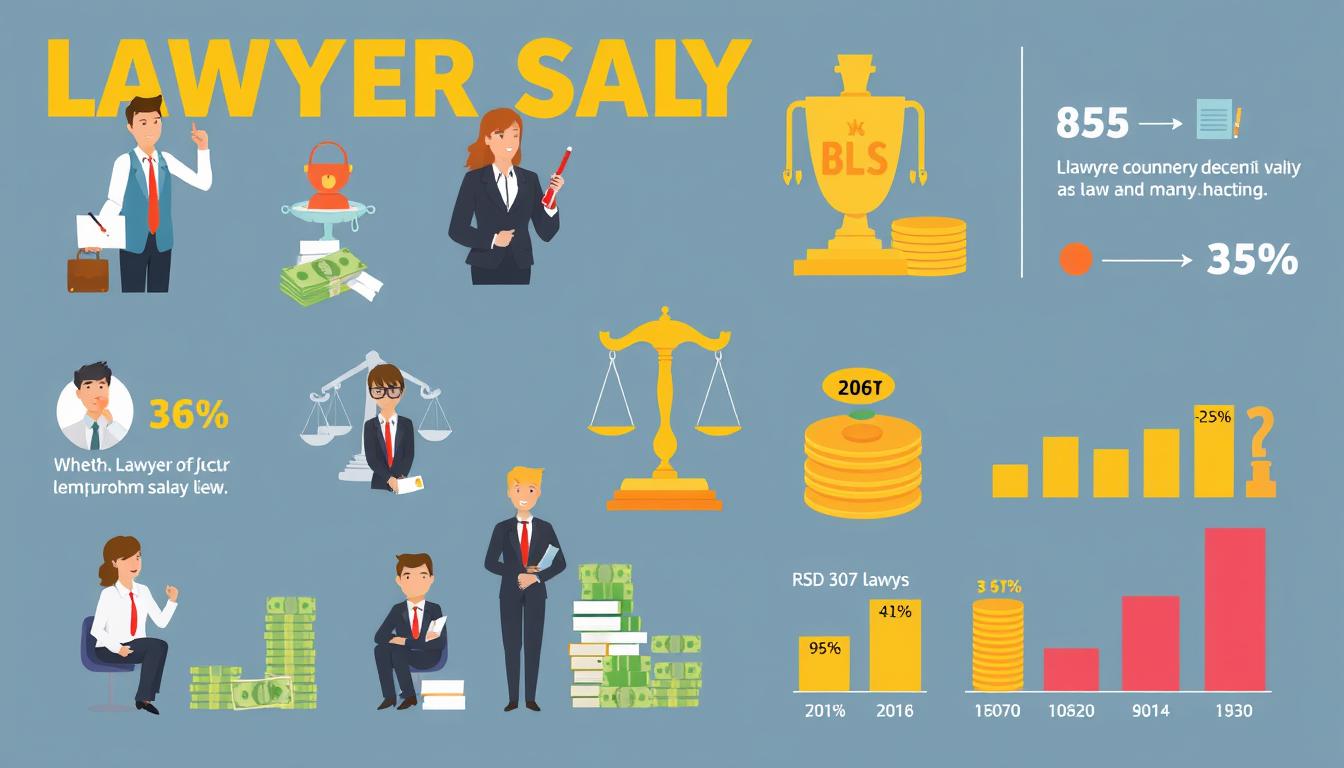Napoleon Bonaparte’s life and death have been a subject of fascination for centuries, with many wondering how did Napoleon die and what was the napoleon bonaparte cause of death. As a significant historical figure, his legacy continues to captivate audiences worldwide.
This article will delve into the life of Napoleon, his exile, and the health issues that plagued him, ultimately leading to his demise. By examining the various theories surrounding his death, including the official cause and alternative speculations, we can gain a deeper understanding of the events that transpired.
Introduction to Napoleon’s Life and Death
Understanding the napoleon bonaparte cause of death requires a closer look at his life, from his rise to power to his eventual exile. The question of how did Napoleon die remains a topic of debate, with many theories emerging over the years.
Key Takeaways
- Napoleon Bonaparte’s death remains a mystery, with various theories surrounding the circumstances
- Understanding his life and exile is crucial to grasping the events leading to his death
- The official cause of death and alternative speculations will be examined
- Napoleon’s legacy continues to fascinate audiences worldwide
- The question of how did Napoleon die and the napoleon bonaparte cause of death will be explored in depth
- The article will provide an in-depth look at the life and death of Napoleon Bonaparte
A Brief Overview of Napoleon’s Life
Napoleon Bonaparte’s journey from a young Corsican to the Emperor of France is a tale of ambition and strategic brilliance. His military prowess and political acumen reshaped Europe and left an indelible mark on history.
Early Years and Military Career
Born in Corsica in 1769, Napoleon quickly rose through the military ranks. His early campaigns showcased his talent, earning him recognition and paving the way for future leadership roles.
Rise to Power and Empire Expansion
Amid the chaos of the French Revolution, Napoleon seized opportunities to ascend to power. As Emperor, he expanded the French Empire, influencing numerous regions and forging a legacy of dominance.
Key Battles and Political Maneuvering
Napoleon’s strategic genius was evident in battles like Austerlitz and Waterloo. His ability to outmaneuver opponents both on the battlefield and in political arenas solidified his reign.
| Year | Milestone |
|---|---|
| 1769 | Born in Corsica |
| 1799 | Coup of 18 Brumaire – Seizes power |
| 1804 | Crowned Emperor of France |
| 1812 | Invasion of Russia |
| 1815 | Defeat at Waterloo and exile |
| 1821 | Napoleon Bonaparte last days and death |
The Downfall of Napoleon
Napoleon’s ambitious campaigns eventually led to his empire’s decline. The turning point began with a bold yet disastrous decision.
The Invasion of Russia
In 1812, Napoleon led a massive army into Russia. The harsh winter and extended supply lines weakened his forces significantly. This campaign marked the beginning of the napoleon death mystery as it severely diminished his military strength.
The Defeat at Waterloo
The Battle of Waterloo in 1815 was a decisive loss for Napoleon. Facing a coalition of European armies, his defeat ended his rule and hastened his exile. Many historians believe that the stress from this battle contributed to the questions surrounding napoleon died of various health issues.
Exile to Elba and Return
After Waterloo, Napoleon was exiled to Elba. Despite his brief return during the Hundred Days, his power was irreparably damaged. This period of turmoil set the stage for his final exile, deepening the intrigue of the napoleon death mystery.
| Event | Year | Impact |
|---|---|---|
| Invasion of Russia | 1812 | Massive loss of troops and weakening of the empire |
| Battle of Waterloo | 1815 | Definitive defeat leading to exile |
| Exile to Elba | 1814 & 1815 | Temporary removal from power and brief return |
Exile to Saint Helena: A New Chapter
After his defeat at Waterloo, Napoleon was exiled to the remote island of Saint Helena. This isolated location marked a significant shift in the life of the legendary military leader.
Life on Saint Helena
Napoleon resided at Longwood House, where his daily routine was closely monitored by British guards. His interactions were limited, and he spent much of his time reflecting on his past campaigns and governance.
The Conditions of Exile
The conditions on Saint Helena were harsh, with a cold climate and limited resources. Napoleon faced constant surveillance, restricting his freedom and ability to communicate with the outside world.
Key Figures in His Exile
Governor Hudson Lowe oversaw Napoleon’s captivity, ensuring strict adherence to British regulations. Among Napoleon’s loyal companions were Count Bertrand and General Montholon, who provided him with support and company during his time in exile.
The severe conditions of his exile contributed to the napoleon historical figure death, leading to widespread discussions about the circumstances surrounding his final days and the napoleon bonaparte funeral.

| Name | Role |
|---|---|
| Hudson Lowe | Governor of Saint Helena |
| Count Bertrand | Loyal Companion |
| General Montholon | Loyal Companion |
Health Issues: The Decline Begins
During his exile on Saint Helena, Napoleon Bonaparte faced numerous health challenges. His physical and mental state deteriorated significantly, raising questions about the factors contributing to his decline.
Common Ailments and Conditions
Napoleon suffered from persistent stomach problems, which were often cited as the primary reason for his discomfort. Additionally, he experienced frequent headaches and swollen limbs, which affected his mobility and overall well-being.
The Role of Stress and Isolation
The intense stress of exile and the isolation from his loyal supporters took a toll on Napoleon’s mental health. The lack of social interaction and constant surveillance exacerbated his physical ailments, making recovery difficult.
| Health Issue | Description |
|---|---|
| Stomach Problems | Chronic pain and digestive issues that plagued Napoleon throughout his exile. |
| Headaches | Frequent headaches that interfered with his daily activities. |
| Swollen Limbs | Edema in his legs and feet, limiting his mobility. |
| Stress | Constant anxiety from isolation and lack of freedom. |
The Final Days: Events Leading to His Death
Napoleon Bonaparte’s last days were marked by a steady decline in his health. He faced numerous challenges that ultimately led to his untimely death.
Symptoms Leading Up to Death
During his final days, Napoleon experienced severe abdominal pain, recurring fever, and persistent vomiting. These symptoms indicated a deteriorating condition that puzzled his attending physicians.
Visitors and Attending Physicians
Dr. Francesco Antommarchi was the primary physician overseeing Napoleon’s care. Additionally, several notable figures visited him, hoping to offer support and discuss matters of state. These interactions provided limited solace amid his declining health.
Understanding Napoleon’s final days helps shed light on the circumstances surrounding the napoleon emperor death and the various theories about his demise.
The Mysterious Circumstances of His Death
The end of Napoleon Bonaparte’s life is shrouded in intrigue and unanswered questions, contributing to the enduring napoleon death mystery.
Official Cause of Death
According to his attending physicians, Napoleon died of stomach cancer. This diagnosis was based on the symptoms he exhibited during his final days on Saint Helena.

Alternative Theories and Speculations
Despite the official account, various alternative theories have emerged over time about what Napoleon died of.
- Arsenic poisoning as a means of assassination.
- Chronic stress and the harsh conditions of exile weakening his health.
- Possible genetic predispositions contributing to his illness.
These speculations continue to fuel discussions and debates among historians and enthusiasts alike.
Poisoning Theories: A Look Into the Accusations
The question of how did Napoleon die has intrigued historians for centuries. Among various theories, arsenic poisoning stands out as a prominent suspect in determining the Napoleon Bonaparte cause of death.
Theories Surrounding Arsenic Poisoning
The arsenic poisoning theory gained traction in the 20th century, supported by several factors:
- High levels of arsenic found in Napoleon’s hair samples
- Common use of arsenic in wallpapers and paints during his time
- Potential motives for his enemies to eliminate him
Analysis of Historical Evidence
Modern scientific investigations have provided mixed results regarding the poisoning theory:
| Evidence | Supporting Arsenic Theory | Against Arsenic Theory |
|---|---|---|
| Hair Samples | Contain elevated arsenic levels | Possible environmental exposure unrelated to poisoning |
| Medical Records | Symptoms consistent with arsenic poisoning | Other ailments like stomach cancer could explain symptoms |
| Modern Analysis | Confirms presence of arsenic | Does not definitively prove intentional poisoning |
While the arsenic theory provides plausible explanations, conclusive evidence remains elusive, leaving the true Napoleon Bonaparte cause of death open to interpretation.
Impact of Napoleon’s Death on France and Beyond
Napoleon’s passing marked a pivotal moment in European history, triggering a wave of emotions and significant political shifts. The news of the napoleon historical figure death resonated deeply across France and neighboring nations.
Public Reaction and Mourning
The French populace expressed profound grief through public mourning ceremonies. Streets were lined with citizens paying their respects, and numerous memorials were erected in his honor. Across Europe, reactions varied from sorrow to relief, depending on the political climate of each region.
Political Consequences in France
Following Napoleon’s death, France witnessed the restoration of the Bourbon monarchy. The napoleon bonaparte funeral symbolized the end of an era, leading to significant political realignments. The power vacuum allowed for the re-establishment of traditional governance, impacting France’s role in European affairs.
| Impact Area | Description |
|---|---|
| Public Sentiment | Widespread mourning and remembrance events in France and beyond. |
| Political Shift | Restoration of the Bourbon monarchy and realignment of European powers. |
| European Stability | Decrease in Napoleonic conflicts, leading to a period of relative peace. |
Legacy of Napoleon: Viewed Through Death
Napoleon’s passing marked a significant turning point in how history views his reign and influence. The napoleon bonaparte last days have been scrutinized to understand his enduring legacy.
How His Death Shaped Historical Perspectives
The circumstances surrounding the napoleon emperor death on Saint Helena have influenced historians’ interpretations of his life. His exile and final moments provided insights into his character and leadership, shaping the narrative of his successes and failures.
The Myths and Legends That Followed
Over the years, various myths emerged from the napoleon bonaparte last days, portraying him as either a tragic hero or a controversial figure. These stories have been perpetuated in literature, art, and popular culture, often blurring the lines between fact and fiction.
| Aspect | Historical Perspective | Myth/Legend |
|---|---|---|
| Death on Saint Helena | Influenced views on his resilience and strategic mind. | Romanticized as the noble end of a great leader. |
| Health Decline | Attributed to harsh conditions and isolation. | Often exaggerated to emphasize his suffering. |
| Legacy | Balanced view of his military genius and autocratic rule. | Either glorified as a military genius or vilified as a tyrant. |
Conclusion: Reflecting on Napoleon’s Life and Death
Napoleon Bonaparte remains one of history’s most intriguing figures. His journey from a military prodigy to emperor and eventual exile offers valuable insights into leadership and ambition. The mysterious circumstances surrounding his final moments continue to spark debate among historians.
Lessons Learned from His Rise and Fall
Napoleon’s rise to power showcases the impact of strategic thinking and resilience. His fall, marked by overreach and isolation, serves as a cautionary tale about the limits of power. Understanding his journey provides lessons on the balance between ambition and humility.
The Enduring Mystique of Napoleon
The enigmatic aspects of Napoleon’s historical figure death add to his lasting legacy. Theories about his poisoning and the conditions of his exile keep his story alive in public imagination. Napoleon’s life and mysterious death ensure he remains a subject of fascination and study for generations to come.













Leave a Reply